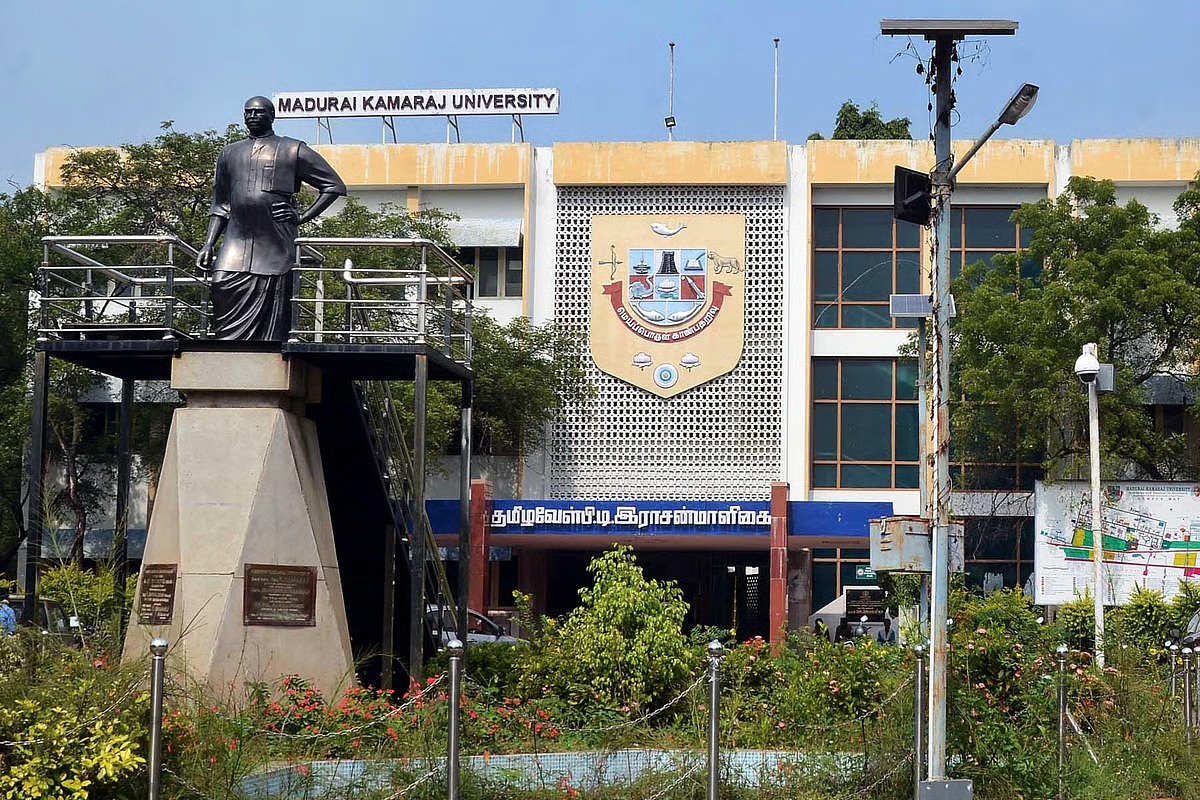Norman Macleod, Kt., C.J.@mdashThe plaintiff sued for a declaration that the suit property was the joint property of the plaintiff and the 1st defendant, and that the 2nd defendant who had purchased some of the property from the 1st defendant alone had no interest in the property, and for partition. He alleged that the plaintiff and 1st defendant had purchased the suit property in union in July 1894. Hence the suit for partition. The 1st defendant contended that the plaintiff was never in possession and enjoyment of the suit property; that it was in his exclusive possession and enjoyment, and that the plaintiff''s suit was barred; that the suit property was purchased in the name of the plaintiff and defendant, but plaintiff could not pay his share of the money. Hence the property was in the 1st defendant''s exclusive possession and enjoyment. Unfortunately on these pleadings the proper issues were not raised. This admittedly was a case in which the property had been purchased by the plaintiff and the 1st defendant as joint owners. In order to pay for the property a san mortgage was executed, and it was not until 1905 that the 1st defendant alone redeemed the san mortgage.
2. The position of joint owners has more than once been explained in these Courts. The sole possession by one of two joint owners itself is no evidence of his denial of the right of the other joint owner, and, therefore, time does not run against the joint owner out of possession until the joint owner in possession has done some act to the knowledge of the other joint owner which amounts to a denial of that joint owner''s right. The fact that the 1st defendant redeemed the mortgage of 1905, even although the plaintiff was aware of it, cannot amount to a denial of the plaintiff''s right. It would entitle the 1st defendant to a lien on the whole property for the plaintiff''s share of the mortgage debt. No issue was raised in the trial Court as to whether there had been an ouster of possession to the knowledge of the plaintiff for more than twelve years. But evidently the question of adverse possession was in the mind of the Court. The Court said: "The whole question of adverse possession, would depend upon one fact, knowledge of the plaintiff."That is quite wrong. The mere fact that the plaintiff knew that the 1st defendant was redeeming the mortgage could not possibly amount to an ouster. The trial Judge dismissed the suit apparently on his finding on issue No. 2 which was--Was plaintiff ever in possession and enjoyment of the suit property within twelve years next prior to the suit. The finding is recorded in the affirmative in the print at p. 6, but that is evidently a mistake. That is not the proper issue in a suit by one co-owner for possession against the other co-owner.
3. In appeal apparently the case for the appellant was not properly argued. The learned Judge says: "On the other hand the respondent No. 1 had adduced abundant evidence to show that he alone redeemed the suit property. The appellant had knowledge admittedly of that redemption. As soon, therefore, as it is proved beyond reasonable doubt that the appellant co-mortgagor had not joined in redeeming the mortgage, his suit brought after twelve years must fail. That proposition of law is not assailed before me."That proposition of law again is absolutely wrong, and it is difficult to understand how the appellant''s pleader could have assented to it. Then the learned Judge proceeds: "The 2nd issue before the trial Court Was plaintiff over in possession and enjoyment of the suit property within twelve years next prior to the suit?" and that, as we have already pointed out, was a wrong issue altogether. The learned appellate Judge concurred with the conclusion of the trial Court that it should be found in the negative. Consequently the appeal was dismissed.
4. Really the only question in the case was whether the defendant could prove facts which would amount to an ouster for twelve years. He attempted to prove that the plaintiff had been out of possession for twelve years. But there is nothing on the record to show that defendant No. 1 had ever done anything which could amount to a denial of the plaintiff''s right to joint possession.
5. We have been referred to the case of Gangadhar v. Parashram (1905) 29 Bom. 300 and no doubt it is perfectly correct to say that sole possession by one tenant-in-common continuously for a long period without any claim or demand by any person claiming under the other tenant-in-common is evidence from which an actual ouster of the other tenant-in-common may be presumed. In that case the sole possession of one tenant-in-common had been proved for nearly fifty years, and, therefore, there was sufficient ground for presuming that sole possession for so long a period amounted to a denial of the right of the other tenant-in-common who was out of possession.
6. It cannot be said, in this case that the mere fact that the 1st defendant was in possession of the property, jointly purchased in 1894, and that he paid off the mortgage in 1905, was an indication that he denied the right of the plaintiff to share in the property. The plaintiff, therefore, is entitled to the declaration he asked for, unless we consider that this was a case in which we should, send down an issue to be tried with regard to adverse possession. But we do not think it is the function of this Court in Second Appeal to remedy the defects in a party''s case, as the 1st defendant, if he wished to rely upon ouster of his co-owner, should have pleaded that, and should have adduced evidence as to ouster.
7. The Judge has referred to something which the 1st defendant stated in his evidence with regard to a release by the plaintiff when the 1st defendant redeemed the mortgage. We do not think we should pay the slightest attention to such an allegation made by the defendant for the first time in his evidence when no doubt he began to appreciate the difficulties of his position. The appeal must be allowed. It will be declared that the suit property is the joint property of the plaintiff and the 1st defendant, and that the 2nd defendant by his purchase from the 1st defendant acquired only the right, title and interest of the 1st defendant, and there must be an account of what is due to the 1st defendant by the plaintiff as his share of the mortgage debt which was paid off by the 1st defendant; and there will also be a decree for partition of the suit property, and an enquiry as to mesne profits from the date of the suit.
8. The property is a very small one, and there, is no reason why the parties should not agree as to the amount to be paid for the plaintiff''s share of the mortgage debt, and as to what is due by the 1st defendant for the plaintiff''s share of the mesne profits, in order to obviate the taking of accounts to ascertain such small amounts. An order will have to go to the Collector for partition. The plaintiff will get his costs throughout.

